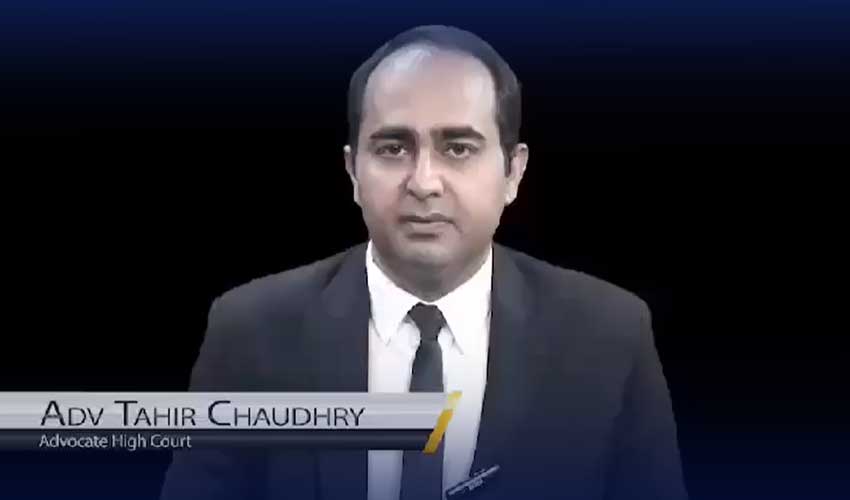Lawyers are voicing support for the establishment of a Constitutional Court in the country, citing potential improvements to the judicial system and more efficient handling of constitutional matters.
Advocate Tahir Chaudhry of the Lahore High Court pointed out that over 50 countries worldwide already have Constitutional Courts, suggesting that such an institution would not be unprecedented in Pakistan. He explained that cases requiring constitutional interpretation would be heard by these specialized courts, potentially streamlining the judicial process and enhancing the Supreme Court's efficiency.
Legal professionals also raised concerns about the current state of the justice system. Advocate Shafqat Tarar, Secretary of the Islamabad High Court Association, emphasized the need for reforms, noting that a significant portion of court time is consumed by constitutional and political cases, often at the expense of addressing common citizens' concerns.
Advocate Mazhar Javaid, former Secretary of the Islamabad Bar Association, highlighted systemic issues within the judiciary. He pointed out that justice has become increasingly difficult to obtain, with cases sometimes spanning generations. Javaid also expressed concerns about alleged corruption and the influence of powerful groups within the judicial system, attributing these issues partly to the lack of rotation among judges.
The lawyers stressed that ordinary citizens often face extensive delays in the Supreme Court, with cases potentially taking 10 to 20 years for a hearing. They noted that priority is frequently given to political and constitutional matters, further exacerbating the backlog of cases for the general public.
As discussions continue, proponents argue that the introduction of a Constitutional Court could help address some of these long-standing issues in Pakistan's judicial landscape.



























